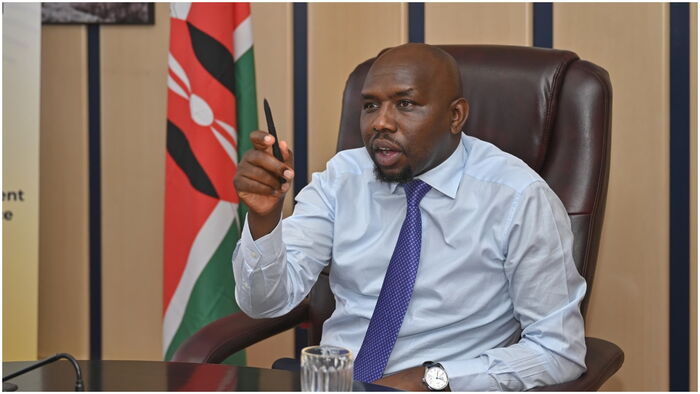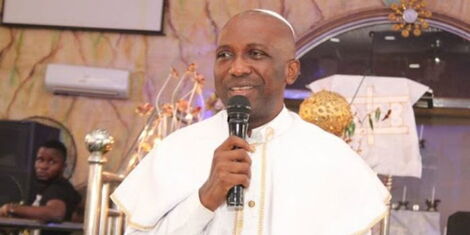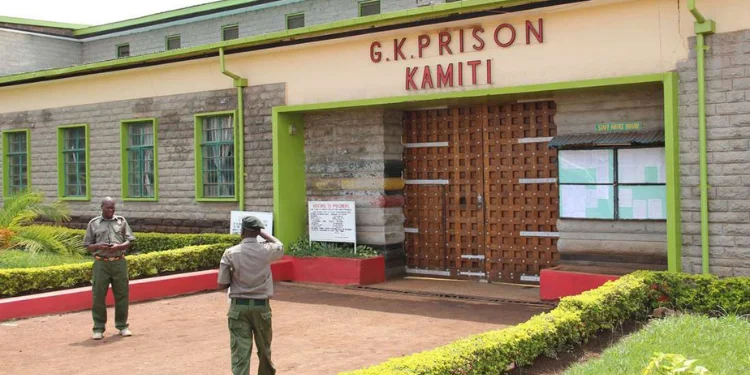Interior Cabinet Secretary Kipchumba Murkomen has issued a sweeping directive to former Deputy President Rigathi Gachagua: upon returning to Kenya from the United States, Gachagua must immediately record a statement with security agencies explaining his explosive claims.
Murkomen’s demand followed a flurry of remarks by Gachagua while abroad. The former deputy president alleged that President William Ruto clandestinely met with three Al-Shabaab militia leaders at night in Mandera—accusations that have sent shockwaves through national security and political circles.
Addressing a crowd at an economic forum in Keiyo South, Murkomen accused Gachagua of “trivializing insecurity” and dismissing terrorism as a campaign tool. “He thinks he can parade these issues in America to get votes,” the CS declared. He insisted that, “as soon as he lands in Kenya, he must record a statement and detail exactly which meetings he is having with terrorists.”

Deputy President Kithure Kindiki backed the demand, urging relevant authorities to hold any individual claiming sensitive terrorist intelligence accountable—with a recorded statement as a baseline. The heightened tone underscored the gravity of politicizing national security.
The controversy deepened when Mandera Senator Ali Roba publicly denounced Gachagua’s allegations as a “desperate bid for political attention,” insisting the President’s tour of the county was transparent and free from clandestine encounters.
Gachagua has been touring the US since early July, engaging with diaspora communities and international interlocutors. His return is now under intense scrutiny:
will he face questioning at the airport, record a statement, and reveal the sources—or will his claims redefine political discourse around security in the lead-up to 2027?











Leave a Reply